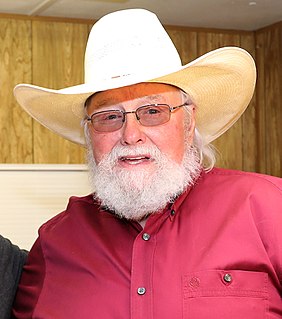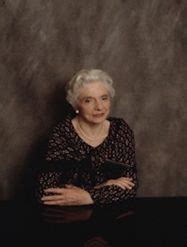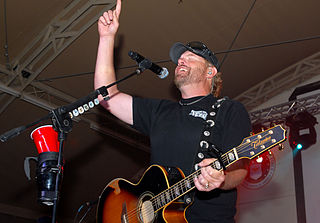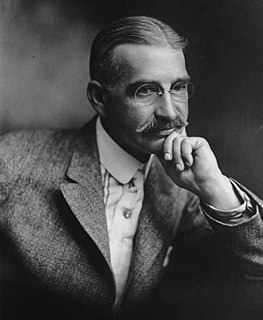A Quote by Amos Oz
When I need to take a side, I write a newspaper article and I tell my government, "You should not do that, you should do this." They don't listen to me, but I've been doing this for sixty years now. But, when I write a novel, I am not in that business.
Related Quotes
When I need to take a side, I write a newspaper article and I tell my government, "You should not do that, you should do this." They don't listen to me, but I've been doing this for sixty years now. But, when I write a novel, I am not in that business. I follow the way people change. I follow the way people, who are very antagonized to one another become very close to one another and vice-versa. Sometimes I follow the way people who are intimately close to each other move apart.
I think, for me, there's The Book I Should Write and The Book I Wanted to Write - and they weren't the same book. The Book I Should Write should be realistic, since I studied English Lit. It should be cultural. It should reflect where I am today. The Book I Wanted to Write would probably include flying women, magic, and all of that.
Each time I have the urge in me to make a statement or send a message or to issue a manifesto, I don't bother to write a novel. I write an article and publish it in a popular newspaper, or I make a television appearance. I would not waste five years of my life in order to send to the Israeli readers a simple message such as, "Let us change a policy or stop the settlements," Or, "Let us strive for peace." This is not what it is about.
I've told youngsters not to write their autobiographical novel at the age of twenty-one; to save it for the time when they're fifty-one or sixty-one. They should write other novels first, to learn their craft; they shouldn't cut their teeth on the valuable material of childhood because they'll never have better material, ever, to work with.
I'd had my whole life to write my first album. I had my No. 1 and my third single out, and they go, 'Hey, guess what? We need to start recording the next one.' I'm like, 'Uh oh, I got to write another album. Well, how am I gonna write 'Should've Been a Cowboy' and 'Ain't Worth Missing' and all that again?' It took me forever to write the first one.
To me, the newspaper business was a way to learn about life and how things worked in the real world and how people spoke. You learn all the skills - you learn to listen, you learn to take notes - everything you use later as a novelist was valuable training in the newspaper world. But I always wanted to write novels.




































